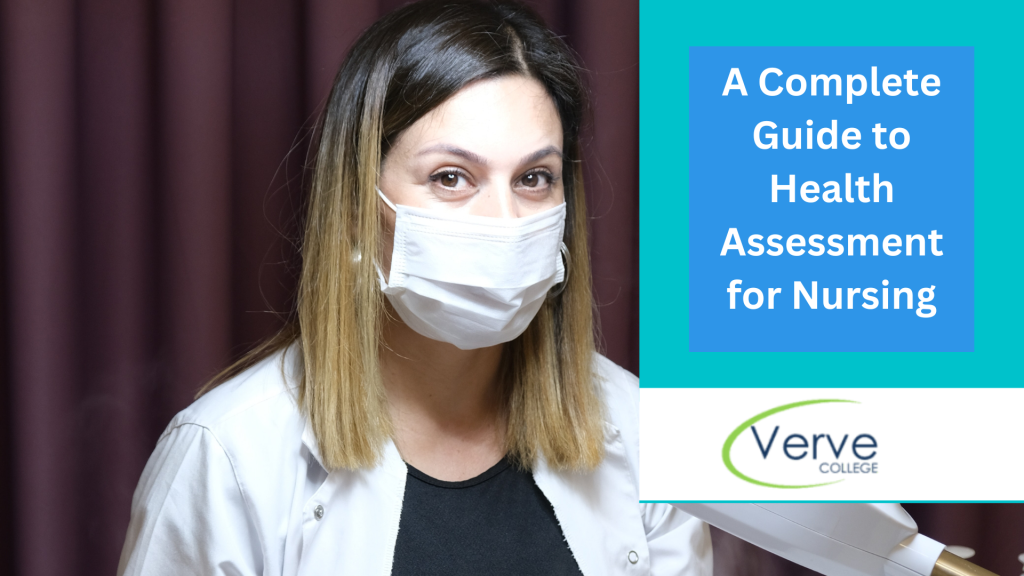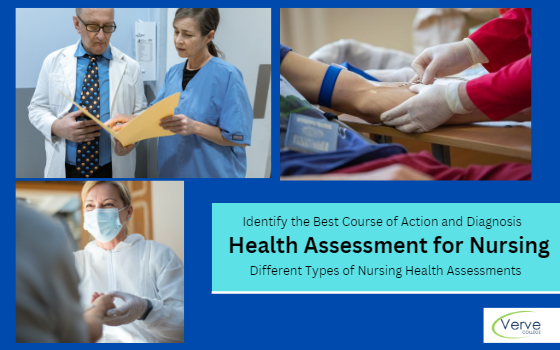- Oak Brook:(630) 705-9999
- Chicago:(312) 920-8822
- Email:inquiry@vervecollege.edu
- Make a Payment
- Home
- Programs
- Admission
- Resources
- ATI Entrance Exam Resources
- New E-Digital Library
- Refer a Friend
- School Newsletter
- Events
- Employers
- Job-Network
- Alpha Beta Kappa Candidates
- Verve College Library
- Graduation and Pinning Ceremony Photo Galleries
- Textbook Information
- Career Services
- Tutoring
- School Catalog
- FAQ
- Constitution Day Program
- Alumni
- Verve College Plans
- Financial Aid
- HEERF Reporting
- Satisfactory Academic Progress
- Apply For Financial Aid
- Net Price Calculator
- Return of Title IV Funds (R2T4)
- Financial Aid Office Code of Conduct
- Contact
- FAQs
- Verification Policy
- Vaccination Policy
- Student Right-to-Know Act
- Misrepresentation
- Information Security Program
- Academic Award Year
- Availability of Employee
- Cost of Attendance
- Health & Safety Exemption Requirement
- Students Rights and Responsibilities
- Leave of Absence
- Pell Formula
- Military Students
- Grants/ Scholarship Policy
- Contact Us
- Login
- Testimonials
- Blog
Is a Nursing Career Right For You?
Take The Free Quiz
A Complete Guide to Health Assessment for Nursing
A Complete Guide to Health Assessment for Nursing
In every hospital facility, this is a pretty common procedure. The patient’s head and feet are examined by nurses when they enter the room. It is crucial to the process of designing a healthcare program. But what precisely is a nursing assessment? Today’s health care team needs LPN nursing programs to provide acute hospital care, long-term care, and community health services. If you are an aspirant in nursing and often search for LPN programs near me on Google, you should check Verve College which provides practical programs in nursing.
The assessment stage of the nursing process is crucial. Insufficient data collection leads to incorrect nursing judgment. The next phases—diagnosis, planning, and implementation—may be negatively impacted. You will have a complete view of your patient’s general health thanks to this in-depth approach to a head-to-toe medical assessment.
What Exactly is Health Assessment for Nursing Students?
Nurses do health evaluations in clinics, emergency departments, medical offices, and other settings. Depending on the patient, including their age and present condition, the nature of the nurse’s assessment will vary.
Physical examinations and paperwork are also included in nursing health assessments. From head to toe, the nurse will assist the patient. With health, evaluations come nursing. Nonsocial cues are noted by nurses. Nurses utilize their senses of smell and sight to recognize illness. The patient’s vital signs—including temperature, heart rate, and blood pressure—are then taken by the nurses.
On the other hand, registered nurses (RNs) are permitted to conduct an annual physical checkup. However, patients who are admitted to hospitals or urgent care centers can also have problem-focused evaluations performed by licensed practice nurses.
Read More:- How to Deal With Stress as a Nurse Assistant?
Determine What to Look For?
An important part of a practical nursing program is learning how to understand the unique characteristics of each patient. Practical nurse school provides the skills you need to enter the growing field of nursing.
The process of performing a thorough assessment of health will be the same. Trainees must recognize and address the complications involved in evaluating various demographics, such as children and elderly patients, patients with specific illness processes, or patients with special family dynamics.
There are Four Types of Nursing Health Assessments-
Nurses do four evaluations on patients to identify the best course of action and diagnosis: emergency, focused, time-lapsed, and initial.
- Initial Assessment
It aids in identifying the nature and origin of the issue. Compared to other exams performed by nurses, this first assessment will be more thorough.
- Focused Assessment
Here, the issue is located and dealt with. Vital signs must be examined during the entire assessment because they are crucial and continually changing. Depending on the severity of the issue, the diagnosis and course of action will vary. Additionally, long-term care is provided. The goal of the focus assessment is to stabilize the patient’s condition.
- Time-Lapsed Assessment
A time-lapsed examination must be performed once treatment is finished to ensure that the patient has fully recovered from his disease and has stabilized. Depending on how severe the condition is, the time-lapsed assessment may change. It can take a few months or even an hour.
- Evacuations in an Emergency
A nurse concentrates on swiftly determining the source of the patient’s concern before evaluating their airway, circulation, and breathing (ABCs). Once the ABCs have been stabilized, an emergency evaluation can be either an initial or a concentrated one, depending on the circumstances.
Conclusion
It is time to compile all the information, examine the subjective and objective facts, and develop a care plan following the completion of the comprehensive health evaluation. With the transition to value-based healthcare and the sector moving to a proactive model of care, health assessments will be prioritized to discover possible possibilities for preventative care and encourage healthy lifestyles for the elderly.
 Sign up
Sign up Login
Login





